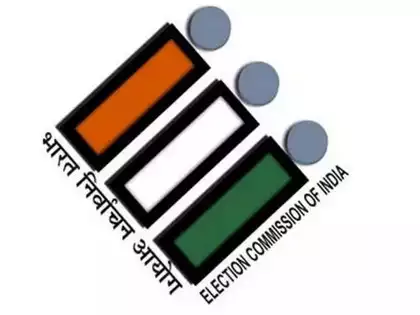Maharashtra Additional Chief Electoral Officer Dr Kiran Kulkarni said that use of such terms during the election campaign has serious repercussions. The use of controversial phrases like “vote jihad” during the assembly election campaign in Maharashtra is under the Election Commission of India (ECI’s) scanner.
Maharashtra’s additional chief electoral officer Dr Kiran Kulkarni said that the use of such terms during the election campaign has serious repercussions. “The ECI is carefully analysing its implications across legal, linguistic and social domains before taking further action. We should be very cautious with terms like ‘vote jihad’,” Kulkarni said. The poll official also termed it a “new term”, that requires consideration along legal, linguistic, social and religious aspects. “ECI officials, including the Chief Electoral Officer and I, are analysing this and we will take an appropriate decision once all these aspects are reviewed comprehensively,” Kulkarni added.
He also cautioned on drawing “hasty conclusions” on the potential impact of using such terms during election campaign discourse and called for these issues to be handled “carefully”, keeping in mind the potential consequences. “It’s a long-term process. Words and their references need to be defined and analysed thoroughly. There is no airtight legal framework for new terminology,” said the poll officer.
Hate speech & other poll issues
Kulkarni said that some of the hate speech complaints received by the ECI during campaign were verified as “genuine” and added that such cases are dealt with under the relevant sections of Bharatiya Nyaya Sanhita (BNS). He said that a total of 659 cases were filed in the state for violation of the Moral Code of Conduct (MCC), significantly higher than the 366 cases registered during the Lok Sabha elections. “However, the model code of conduct is not a law, but a consensual guideline supported by various laws,” he said.
Kulkarni said that 300 chargesheets have been filed in courts over Lok Sabha election-related poll offenses. The ECI is following up on cases related to the assembly election and will ensure that it reaches its logical conclusion, he added. “These are criminal cases, so they follow the due process. Courts are serious about election-related offences, and we are requesting expedited resolution,” he added. Kulkarni also dismissed allegations of booth capturing and said it “never” happened in the state, as it becomes meaningless due to the “robust” nature of EVMs, from which, he claimed, that data can be retrieved. There were six reported instances of disruption (during voting), but the polling process was restored within an hour, he said, adding that in one instance, an EVM was replaced to dispel “doubts”.



